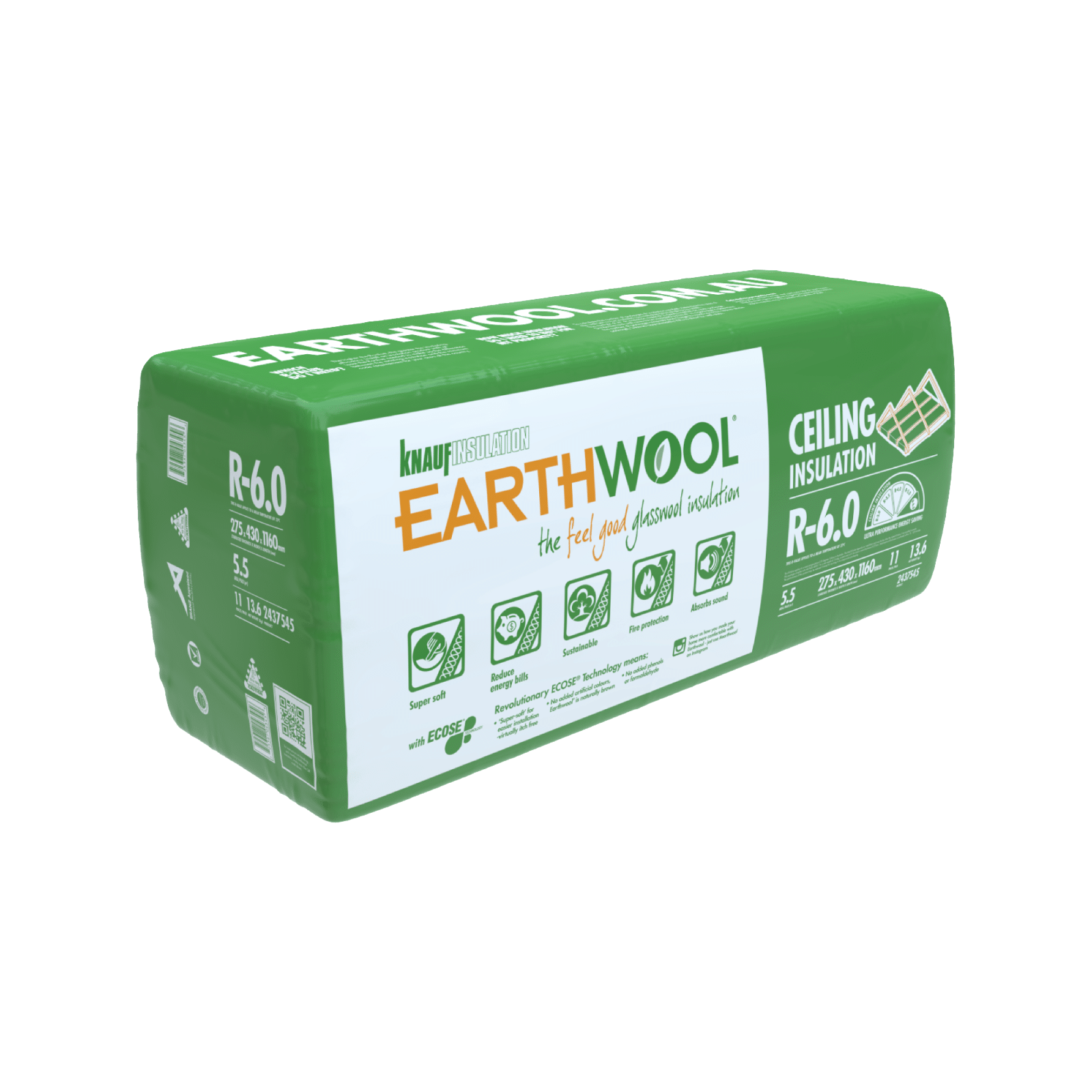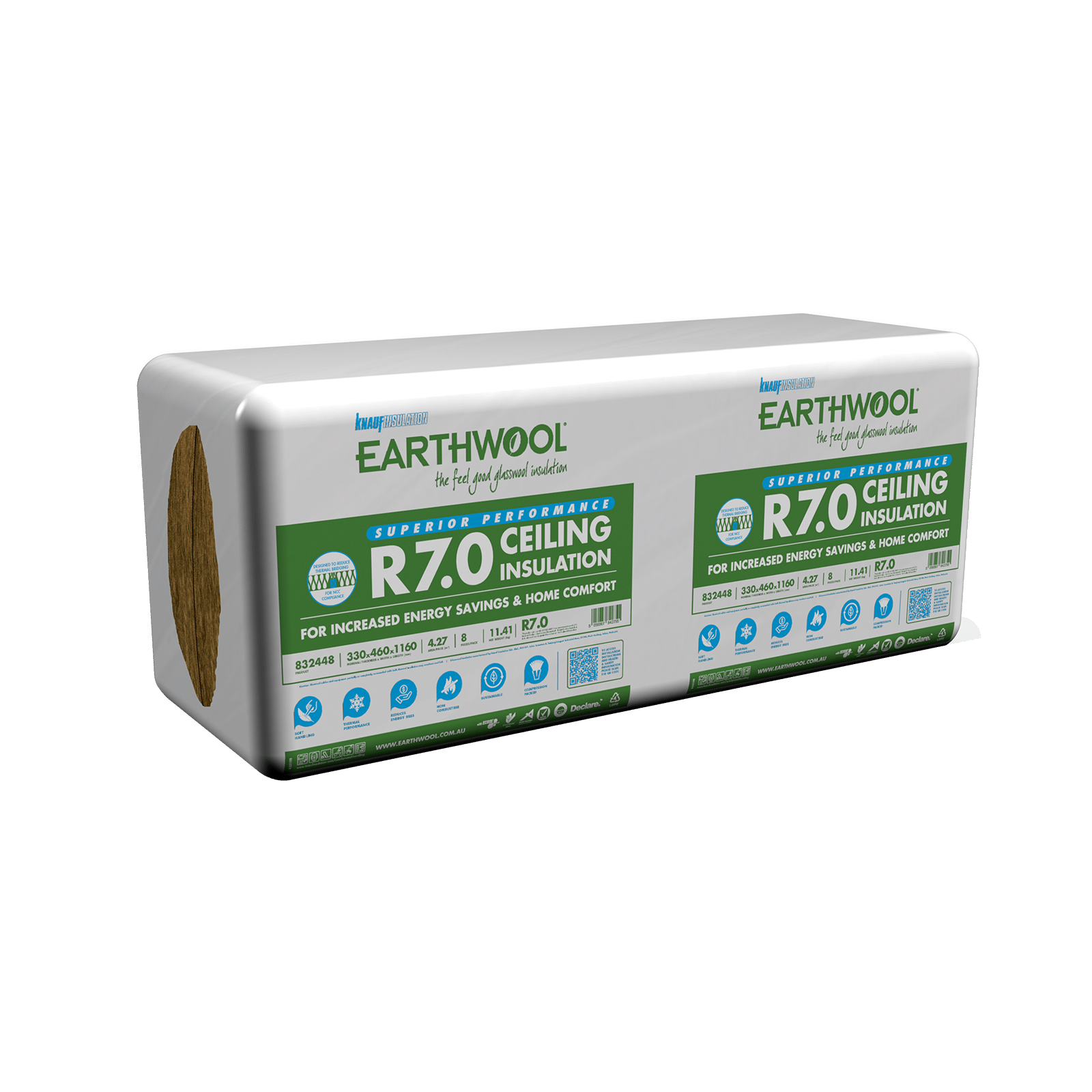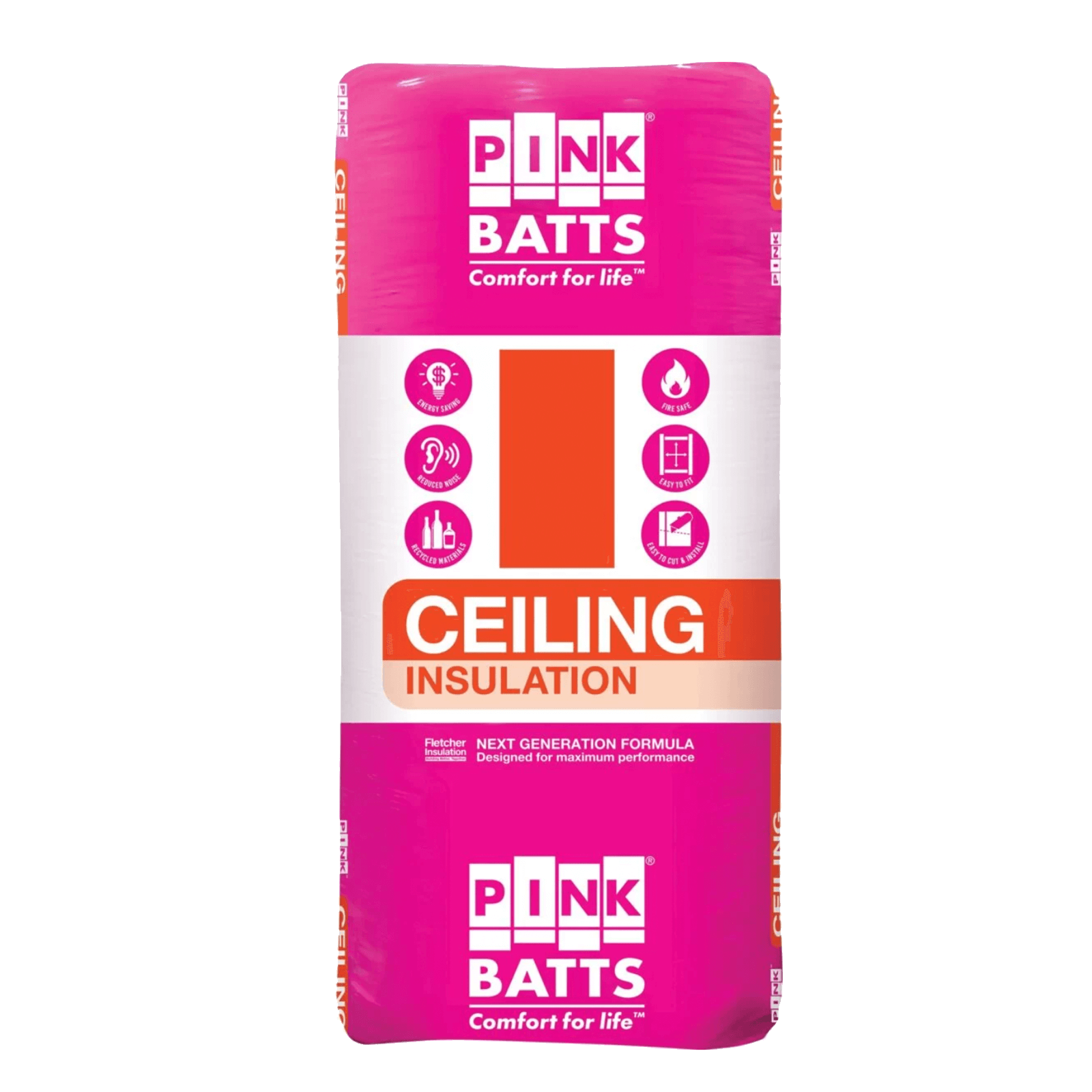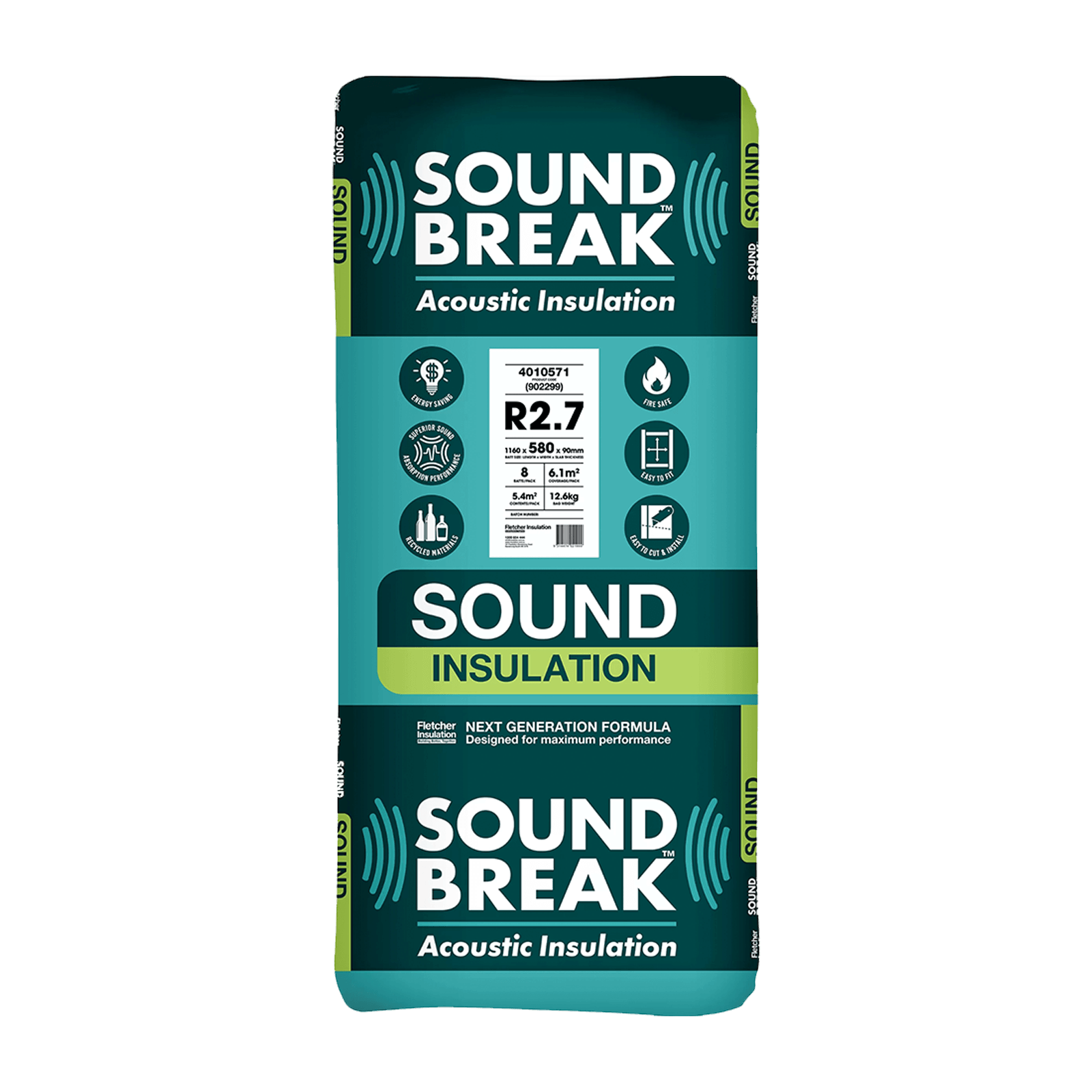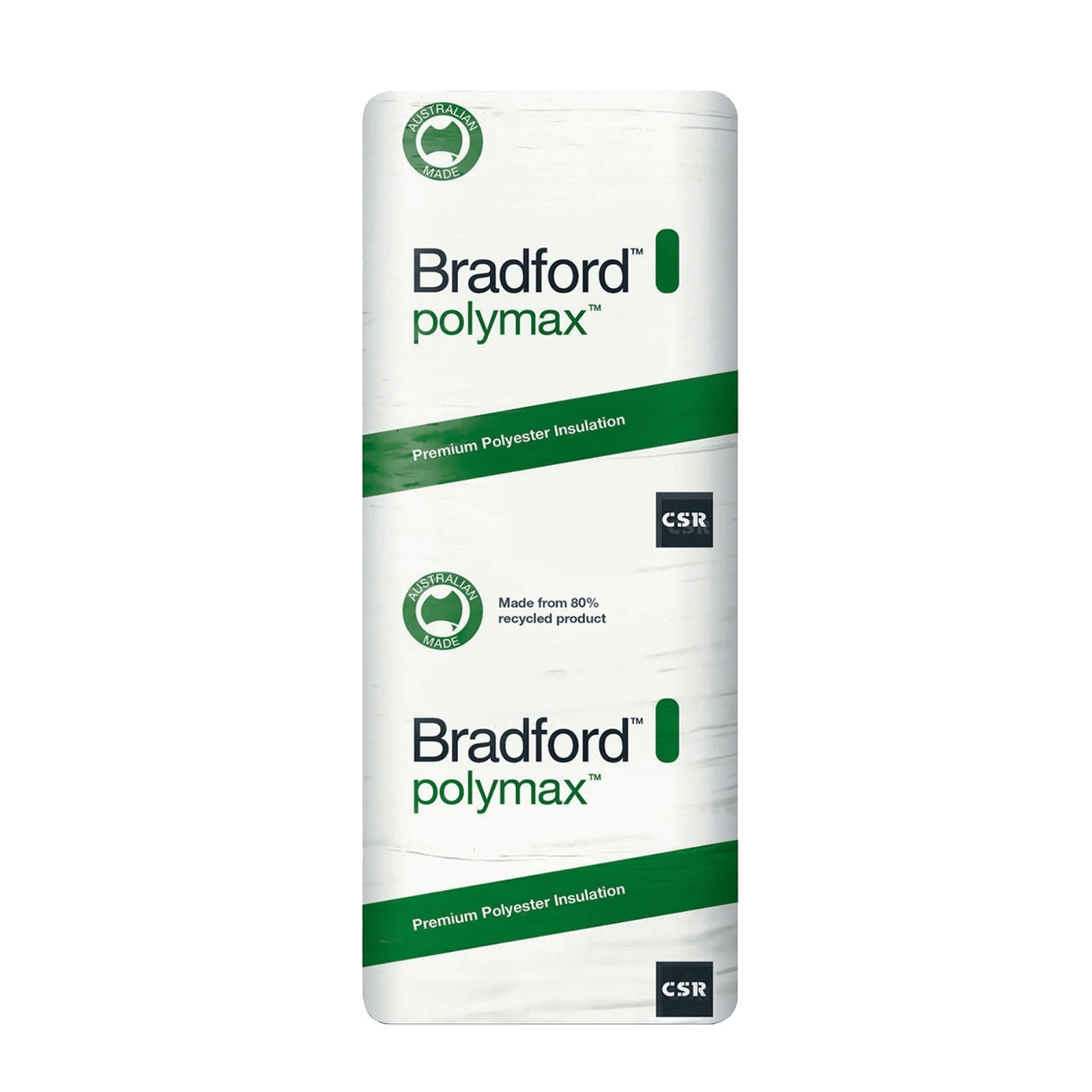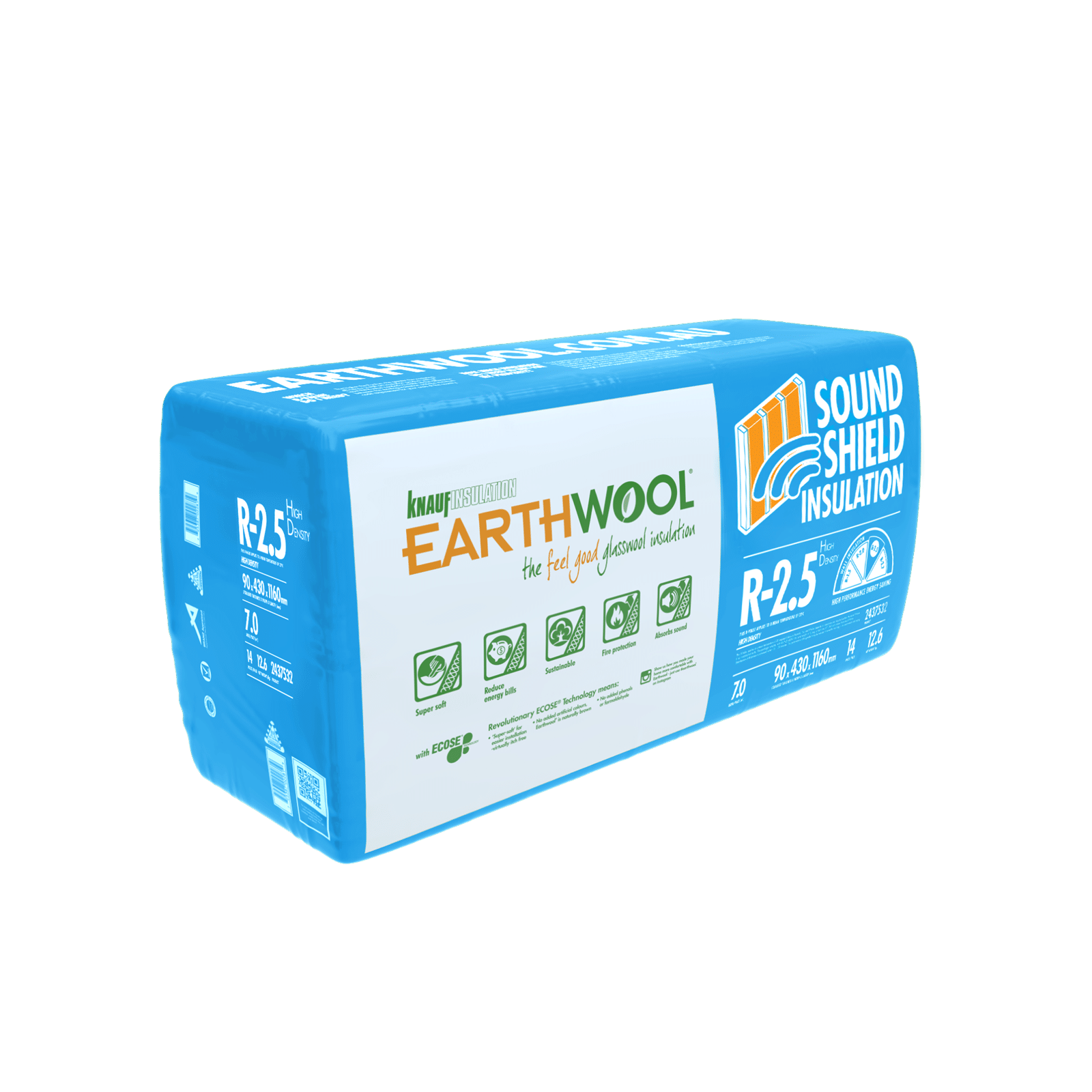
Is Insulating Interior Walls Worth It?
Insulating interior walls can boost energy efficiency, minimize noise transfer, and increase overall comfort. However, it’s important to balance these benefits with the associated costs and possible limitations before making a decision.
When planning home upgrades, many homeowners tend to overlook the value of insulating interior walls.
Although exterior wall insulation plays a key role in boosting a home’s overall energy efficiency, interior wall insulation offers targeted benefits that enhance comfort and functionality inside the home.
In this article, we’ll take a closer look at the pros and cons of insulating interior walls to help you decide if it’s the right choice for your Chicago home.
Are Interior Walls Required to Be Insulated?
Typically, building codes do not mandate insulation for interior walls—unlike exterior walls, which must meet specific energy efficiency standards.
However, that doesn’t mean insulating interior walls lacks value.
Whether or not you should insulate them depends on factors like your home’s design, comfort preferences, and overall efficiency goals.
For example, insulating rooms that are rarely used—such as guest rooms or storage spaces—can help stabilize temperatures across your home.
Interior wall insulation also offers advantages in soundproofing and moisture control, making it particularly useful in areas like bathrooms, kitchens, or between bedrooms where noise reduction is important.

Why You Should Insulate Interior Walls
Insulating interior walls can offer multiple advantages that enhance your home’s comfort, efficiency, and livability. While it’s not always required, there are several strong reasons to consider this upgrade—especially in a climate like South Australia’s.
Improved Energy Efficiency
Interior wall insulation helps regulate temperatures between rooms, creating more efficient, zoned climate control. This means your HVAC system doesn’t have to work as hard to heat or cool spaces that aren’t regularly used, such as guest rooms or storage areas. In turn, this can lead to noticeable savings on your energy bills. For homes in Chicago, where seasonal extremes are common, interior wall insulation can also help compensate for older or insufficient exterior insulation.
Noise Reduction
One of the most valuable benefits of insulating interior walls is the reduction of sound transmission between rooms. Materials such as fiberglass, cellulose, or mineral wool are highly effective at dampening noise, creating a quieter, more private living environment. This can be especially beneficial in households with children, shared living spaces, home offices, or media rooms, where minimizing sound disturbances is a priority. By adding insulation to interior walls, you enhance both comfort and privacy throughout your home.
Moisture Control
Interior wall insulation can also help manage moisture, particularly in high-humidity areas like bathrooms, kitchens, and basements. When warm, moist air comes into contact with cooler surfaces inside your walls, condensation can occur—leading to potential issues like mold and mildew. Proper insulation helps reduce temperature differentials between rooms, thereby minimizing the risk of condensation buildup. In cities like Chicago, where humid summers and moisture-prone basements are common, insulating interior walls plays a key role in maintaining a healthy indoor environment.
Fire Protection
Certain insulation materials—such as mineral wool and fire-retardant-treated fiberglass—offer an added layer of fire resistance. While insulation should never replace dedicated fire safety systems, it can help slow the spread of flames during a fire. This additional barrier may provide crucial extra time for evacuation and help reduce overall property damage, adding another dimension of safety to your home.
Improved HVAC Performance
Interior wall insulation supports more stable indoor temperatures, which reduces strain on your heating and cooling systems. By minimizing heat transfer between rooms, insulation helps your HVAC system work more efficiently, potentially extending its lifespan and reducing energy consumption. In homes with zoned HVAC systems, insulation can further optimize climate control, allowing each zone to maintain its set temperature more effectively and with less energy use.
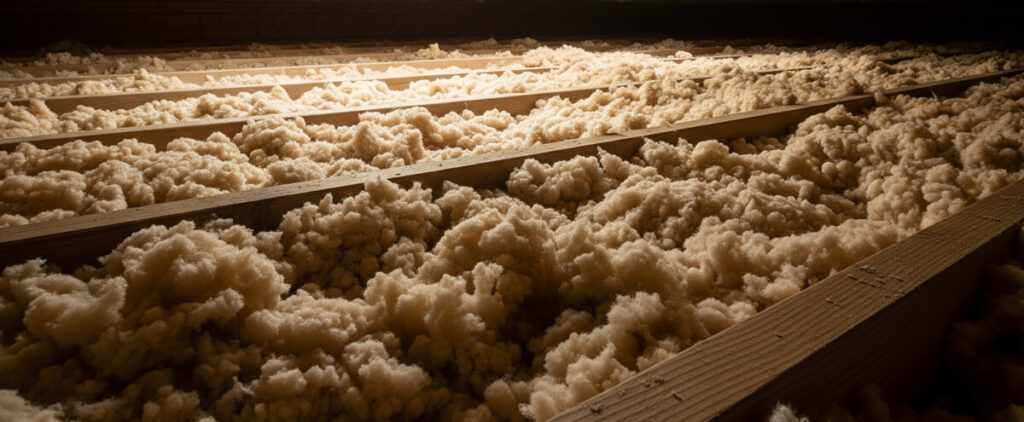
Reasons Why You Might Choose Not to Insulate Interior Walls
While interior wall insulation offers notable advantages, it’s not always the right choice for every home or situation. Before starting this project, it’s important to weigh the potential downsides. Understanding these considerations will help you make a well-informed decision tailored to the specific needs of your Chicago home.
Cost Considerations
One of the primary deterrents to insulating interior walls is the cost. Retrofitting insulation into existing walls—especially those that require opening up drywall—can be expensive. Materials, labor, and potential repair or repainting costs can quickly add up. For some homeowners, the long-term energy savings may not outweigh the upfront investment, particularly if the insulation is not addressing a major issue.
Disruption to Living Space
Adding insulation to existing interior walls can be a disruptive process. Whether you’re removing drywall or drilling holes for blow-in insulation, the installation can create noise, dust, and general inconvenience. Furniture may need to be moved, walls may require patching, and daily routines might be interrupted. For families or individuals working from home, this disruption could be a significant consideration.
Potential for Moisture Issues
When not installed correctly, interior wall insulation can create moisture-related problems. In certain conditions, insulation may trap moisture within the wall cavity, leading to mold growth and long-term structural damage. This risk is especially high in older homes or regions with high humidity—like Chicago during the summer. To prevent these issues, proper installation techniques, including vapor barriers and moisture-resistant materials, are essential.
Limited Energy Savings
While insulating interior walls can contribute to comfort, the actual energy savings are often minimal when compared to insulating attics or exterior walls. If your home already has efficient exterior insulation and a well-maintained HVAC system, the added benefit of interior wall insulation may not justify the investment.
Reduction in Living Space
Though minimal, adding insulation to interior walls can slightly decrease the usable space in a room. In smaller homes or tight spaces, even a minor reduction in square footage can be noticeable and affect room layout or furniture placement.
Complications with Electrical Work
Interior walls frequently house electrical wiring, outlets, and switches. Adding insulation can complicate future electrical upgrades or repairs. Installers must take extra care to avoid damaging electrical components, and accessing wiring later may require cutting into the insulated wall, adding time and cost to any electrical work.


